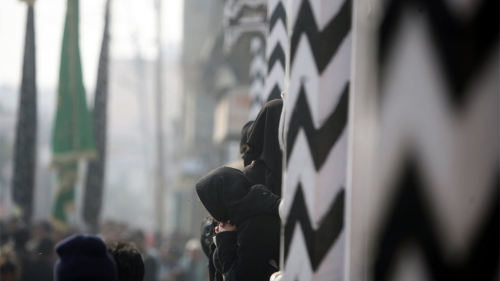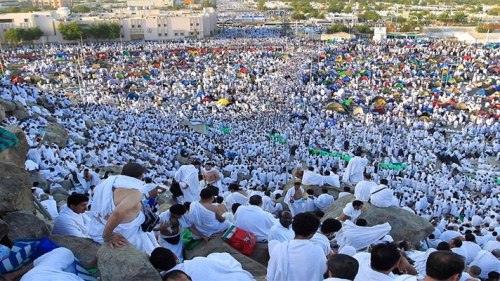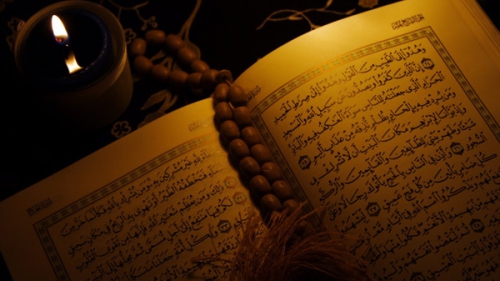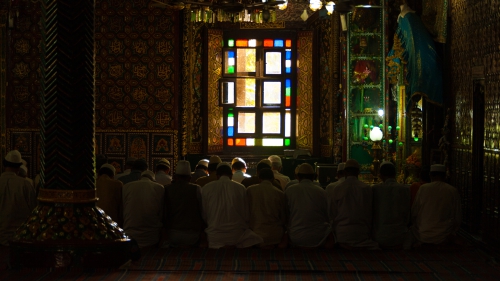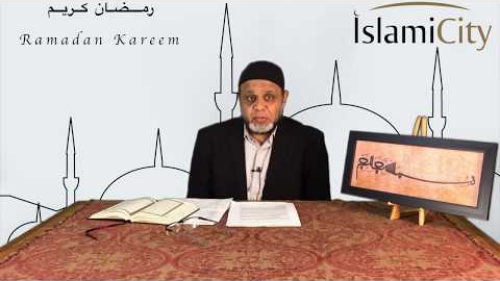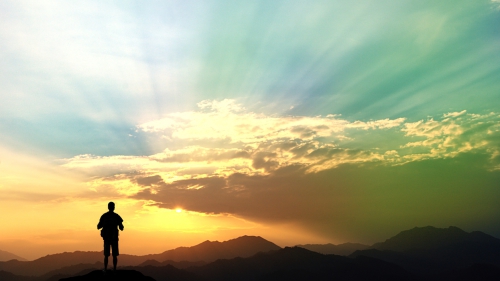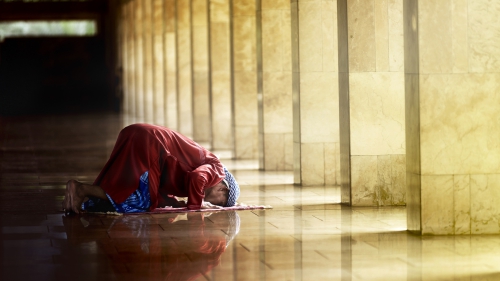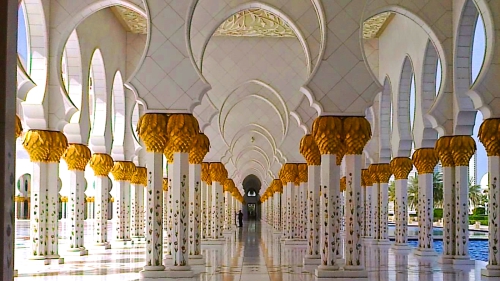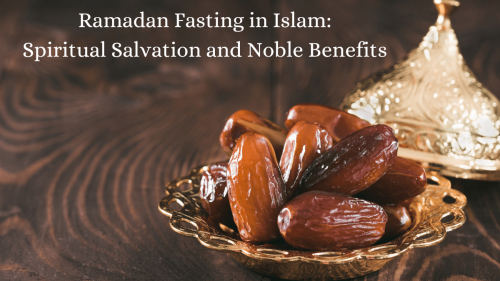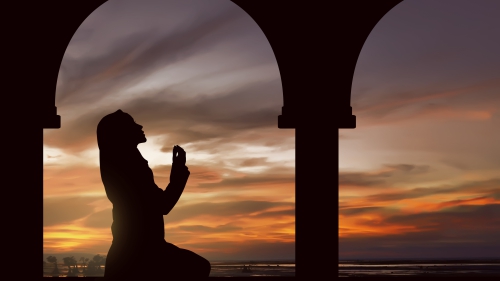To Fast or Not to Fast in Shaban

Sha'ban is the eight month of Islamic lunar calendar. In pre-Islamic era the month following Rajab was regarded as a month of trade and warfare and other worldly affairs. Ibn Kathir explains that during this month the tribes would plan plunders and raids after the month of Rajab.
The 15th of Sha'ban is also known as Laylatul Bara (Night of Salvation), Laylatul Rahmah (Night of Mercy), or Laylatul Mubaraka (Night of Blessings) or in the Shabe Bara't (Night of Salvation, Persian.)
In the South Asian and Central Asian traditions the night of fifteenth of Sha'ban is observed as a blessed night. People make special prayers, or visit the graveyard and spend the whole night offering supplementary prayers in a specific way.
In Islamic traditions, the month came to be known as the month of supplementary fasting. Umma Salama explains that the Prophet used to observer supplementary fasting for almost the entire month of Sha'ban. (Abu Dawood: 2336)
Ummul Momineen (mother of the believer) Ayesha also reported that the Prophet liked the month of Sha'ban more than any other month as far as supplementary fasting is concerned. (Bukhei: 1969)
However, there are ahadith that suggest the prophet prohibited people from fasting after the 15 of Sha'ban. Abu Huraira reported that the Prophet said, "when half of the Sha'ban is over, do not fast." (Nasai: 2351)
Some scholars argue that this recommendation is for those who are weak and who fear decline in health for excessive pre-Ramadan fasting.
The Prophet is also reported to have said as narrated by Abu Huraira, None of you should fast during the last days of Sha'ban for one or two days except those who are habitual of fasting regularly. (Bukhari: Book of Fasting)
There are scholars who do not regard this night a blessed night and they say that none of the ahadith quoted to support the sanctity of the night are authentic. Among those scholars are Abu Bakr bin Al-Arabi and Shaikh Abdullah binBaz.
They also refute the claim of many other scholars who say that verses three and four of Surah (chapter) Dukhan refers to the night of nisf sahaban and describes it a blessed night.
Those who say that the fifteenth night of Sha'ban is a special night quote several ahadith that are found in the books of ahadith compiled by Tirmidhi and Ibn Maja.
Following is a list of ahadith that support the the special nature of the night of 15th Shaban:
Allah comes down on the heaven of earth on this night and forgives people more than the hair of the goats of the tribe of Kalb. (Tirmidhi: 739)
Allah gives special favor to His servants on this night and forgives everyone except those who are polytheists and Muslims who have malice and animosity towards their fellow Muslims. (Ibn Maja, 1290).
When the 15th night of Sha'ban arrives, stay the whole night and fast during the following day. On this night Allah descends on the first heaven and stays there until the dawn and guarantees His servants forgiveness, sustenance and salvation from calamities. (Ibn Maja: 1388)
On the night of 15th of Sha'ban Allah offers special mercy to His creation and with the exception of two people, He forgives all: the one who has malice towards others in his heart and the other who takes the life of fellow human being unjustly. (Ahmad: 2:176)
In the book Fazail ul Auqat by Baihaqi, it is mentioned that on this night all the names of those who would be born and who would die in this year are presented to Allah and on this night, the decision about sustenance are made.
The same book also suggests that there are five specific nights in which the prayers of people are never rejected, the night of Rajab, the night of Nisf Shaaban, the night of Juma, the night of Eid ul Fitr, the night of Eid ul Adha.
Scholars such Hasan al-Basari and Albani consider all the above mentioned ahadith fabricated or weak and deny special status of this night.
During the night, people offer special prayers. There is a tradition of offering 100 raka's (unit of prayer) with Surah Ikhlas and Suhal Hamd, 1000 times in each Raka. Some people offer 12 or 14 Rakas while reciting Surah Akhlas 30 times in each. Abdul Qayyim Aljauzi and Imam Nawawi describe these prayers as innovations that must be avoided.
In this night people spend their time rejoicing with fireworks in certain parts of the world. Some offer special food to their friends and relatives and the poor and the needy. Some people change their crockery on this night and others paint their dwellings as tokens of blessings. Many people also believe that the souls of the dead people visit the world on this night.
But, Ahmad bin Hajr and Mullah Ali Qari (Miratul Mafateeh: 4:243) describe all these practices innovations and un-Islamic.
Finally, some people quote the hadith mentioned in Tirmidhi (663) that the prophet asked: which day of fasting is the best after the fasting of Ramadhan and then he replied: the fast of Shaaban that is observed in honor of Ramadan. Shaikh Albani describes this a fabricated hadith.
The above discussion clearly demonstrates that the house of Islam is divided on the issue of the significance of the nisf Sha'ban.
Three opinions
There are three positions that people and scholars take on this issue.
1. Those who consider this night a blessed night and recommend that special prayers should be offered from evening to dawn.
2. Those who consider this night as a night of socialization and display of special skills and talents besides considering a night for visiting the cemeteries and graveyards.
3. Those who reject any special significance of this night and describe every act of worship besides obligatory prayers as innovation.
Obviously, these are strong opinions and each side produces its own interpretation of the Quran and references from ahadith in support of their claim. The masses as usual either act in a partisan manner or remain confused.
So, how should we look at this whole debate? Should we observe or should we not observe this night? What would happen if we observer it or if we do not? What is authentic and unauthentic? Because those who are quoting ahadith in support of their argument claim that their references are authentic and those who are rejecting it are labeling others as unauthentic.
It is really a matter of serious concern that in the last 1100 years of our recorded history, we do not find much effort for seeking a reconciliation of opposite views. Rather, our scholars have indulged in debates about the validity or non-validity of certain action on the basis of their perspectives on halal and haram. We cannot change the past, but we can certainly impact the future.
Those who celebrate 15th of Shaban
Those who consider this night sacred have to realize a few things.
1. Allah is not only the Rabb (Lord) of 15th Sha'ban or Ramadan, but the Rabb of the whole year and all the years.
2. He listens to each and every one of us whenever we call him.
3. The issues pertaining to our life and death and sustenance occur on the basis of the divine laws, that we are not fully aware of.
4. Ibadat or acts of worshiping are serious matters and they should never be lost sight of.
5. Those who use this night to show their special skills or to have fireworks should also realize that the purpose of life is to remain committed to the divine guidance in all walks of life and there should never be experimentation with the acts of worshiping.
Those who do not celebrate 15th of Shaban
Those who do not regard this night significant or different than other nights should also realize the following.
1. They are not qualified to declare things halal or haram. This decision belongs to Allah only. They can only express their likes and dislikes.
2. Future research may make us change the perspectives we have today. Hence, to claim that the ultimate truth has been discovered through a methodology is a contestable issue.
3. Those who observe this night as special are as sincere in their commitment to their faith as others are.
Conclusion
Based on the above understanding, we can have the following conclusion.
Those who want to offer special supplementary prayers on this night should do so believing that Allah would respond to their calls and add to their reward as He never disappoints His servants.
Those who do not consider this night any different than other nights should at least stay away from passing judgment on the level of Iman of those who observe it.
Those who want to show their special skills and talents should direct them to serving the poor and the needy and helpless. Let them spend the night and day visiting the places where the poor live, feeding them and giving them a sense of dignity.
As far as those who want to fast, they should remember that the Prophet used to fast on this month more than any other month of the year except the obligatory month of fasting of Ramadan.
Related Suggestions
seeking Allah's pleasure will be rewarded manifold, Insha Allah






